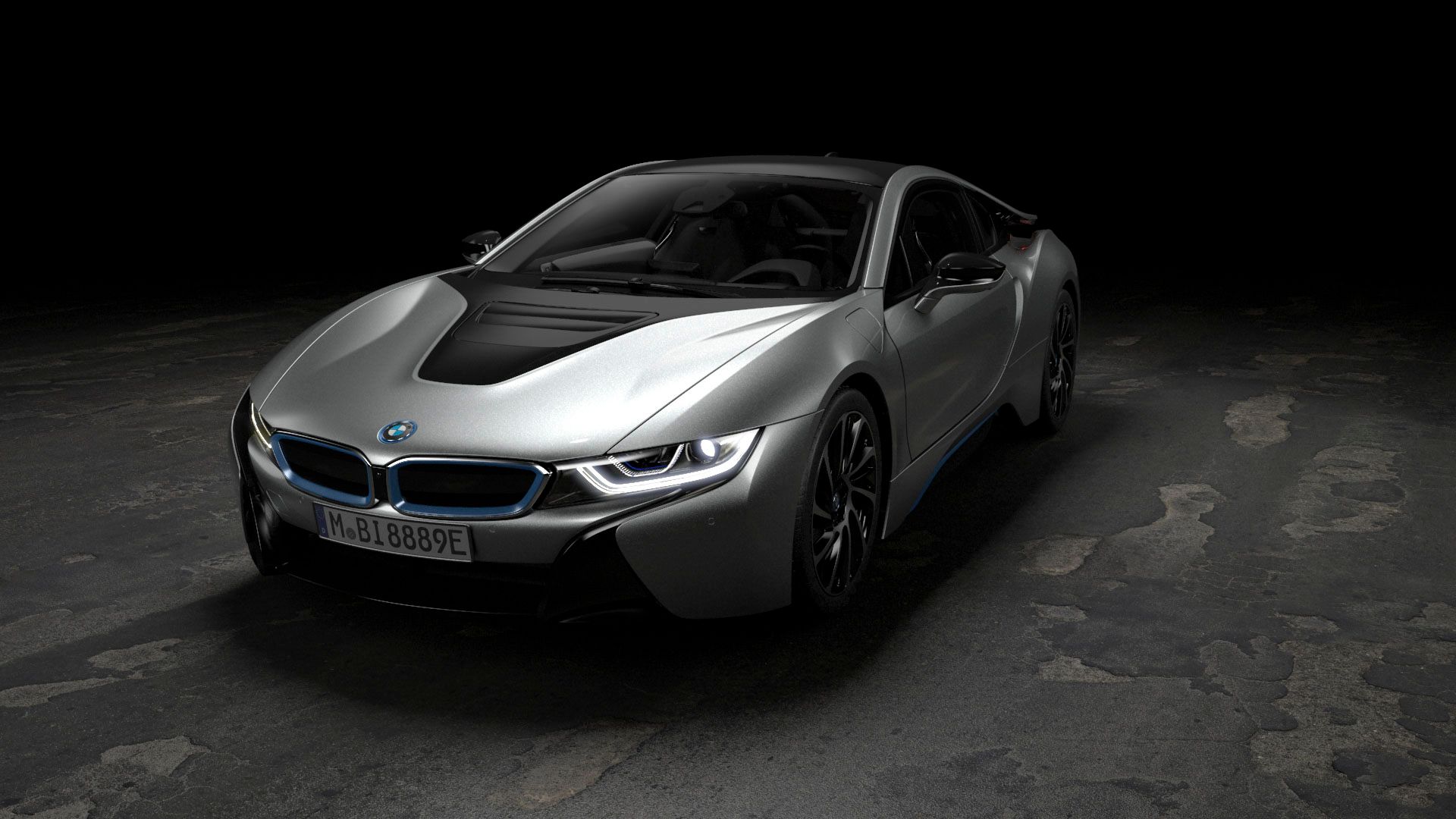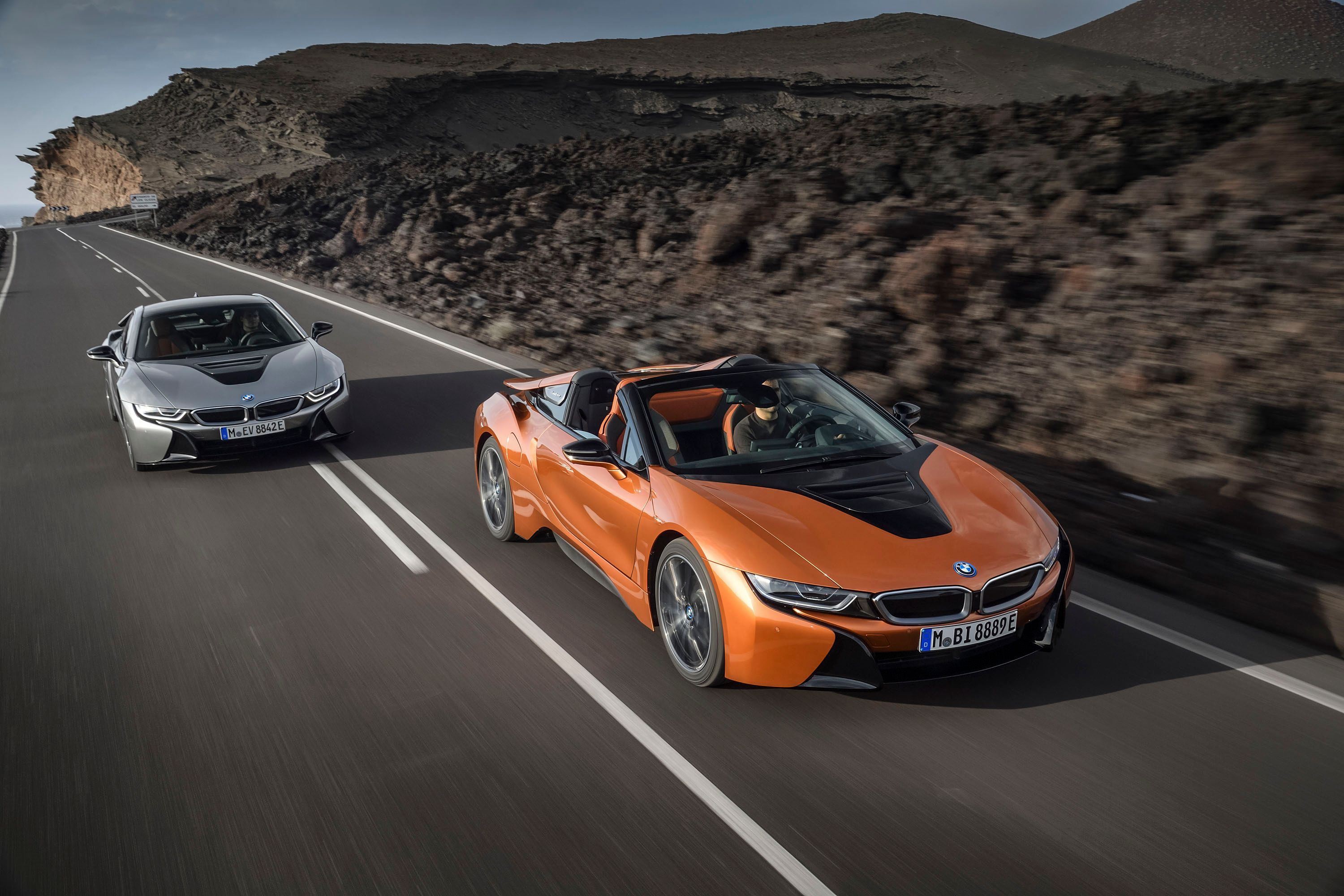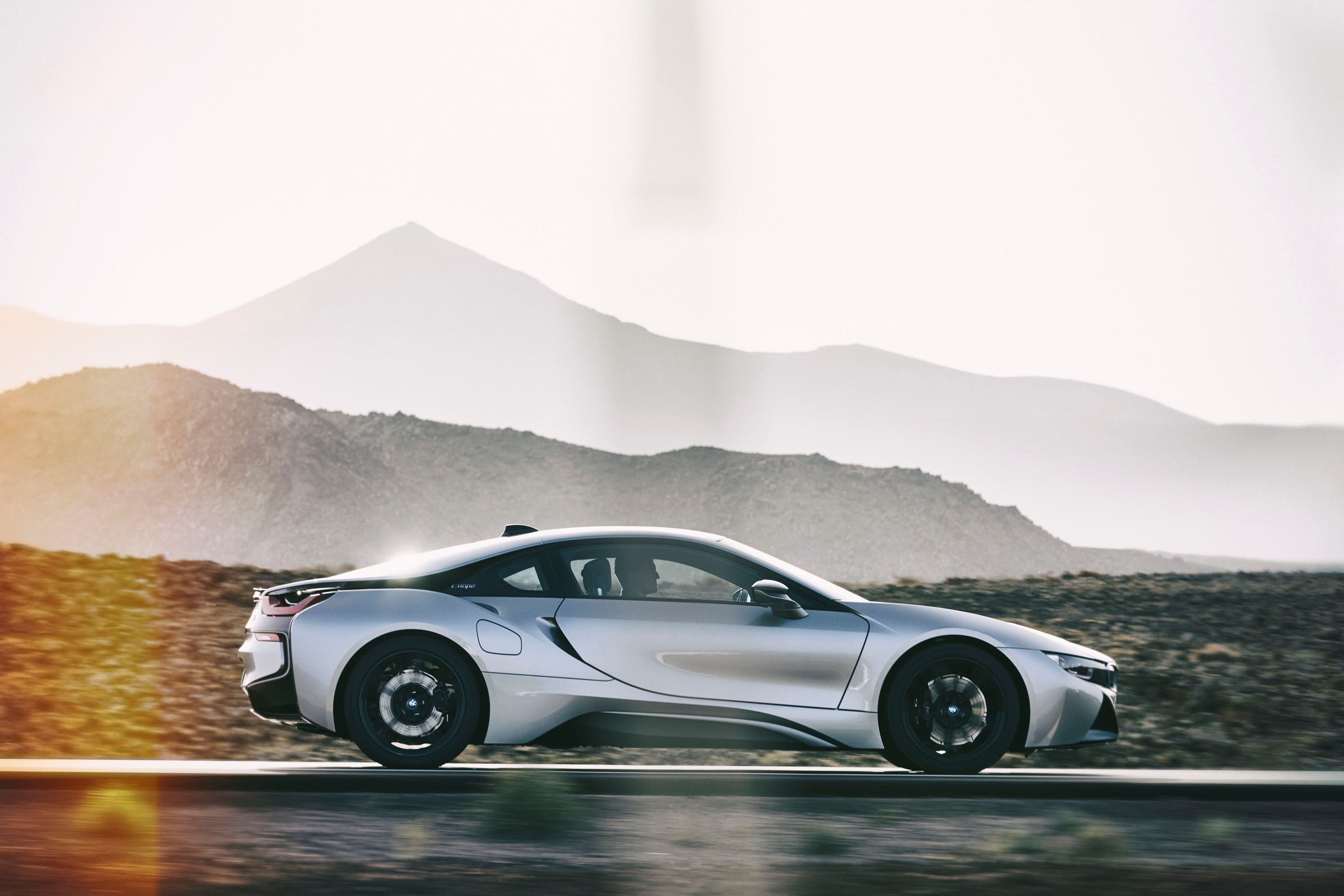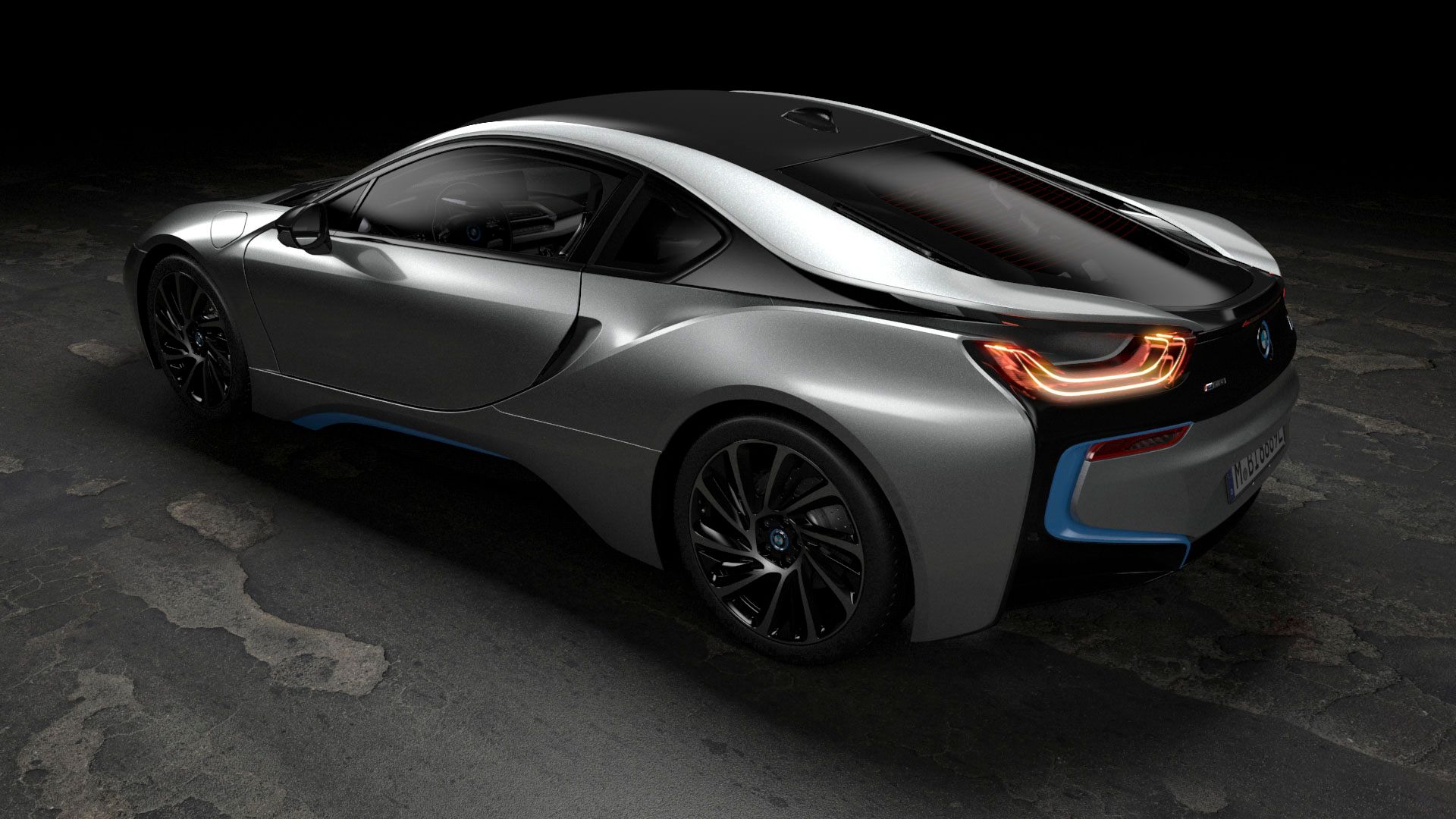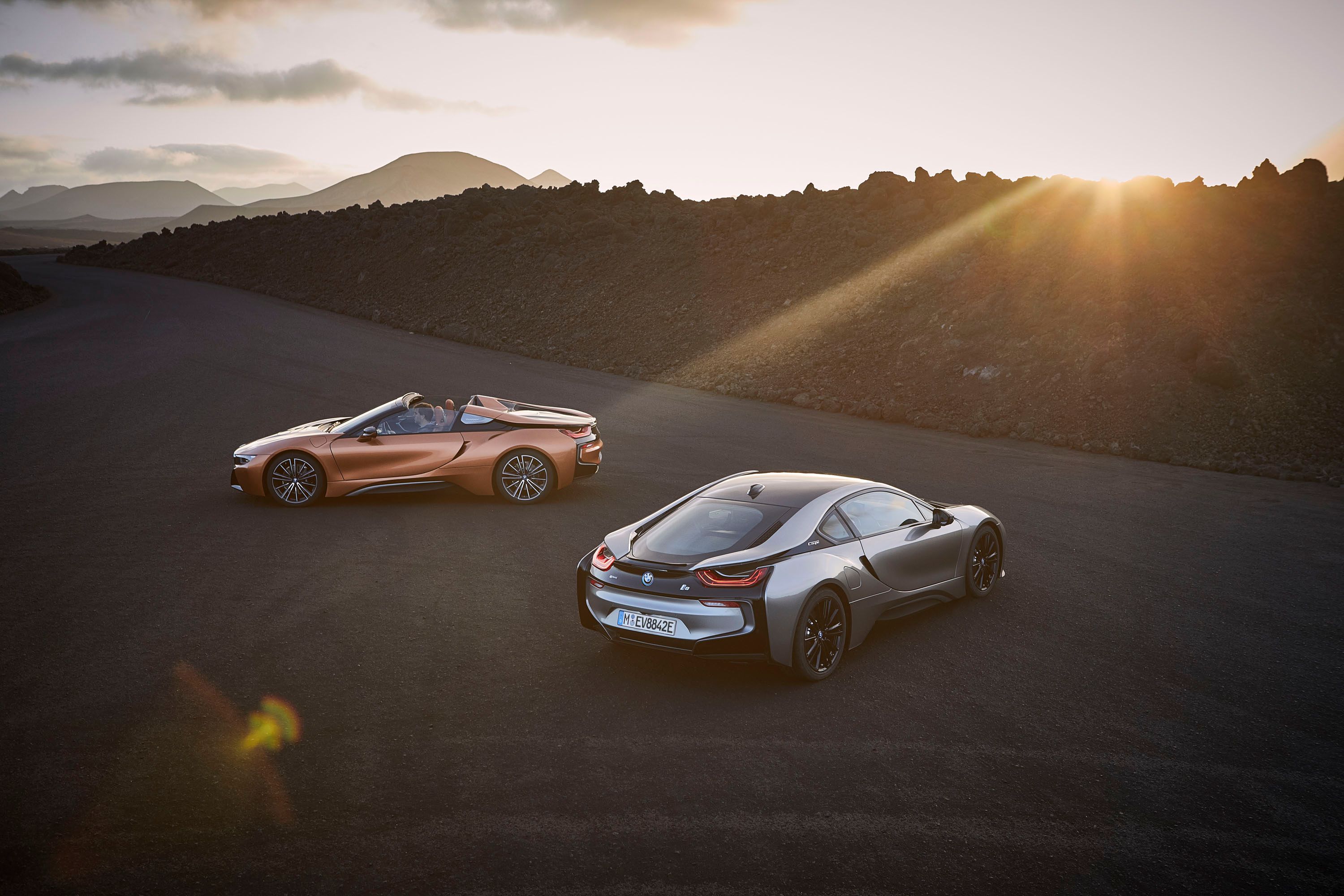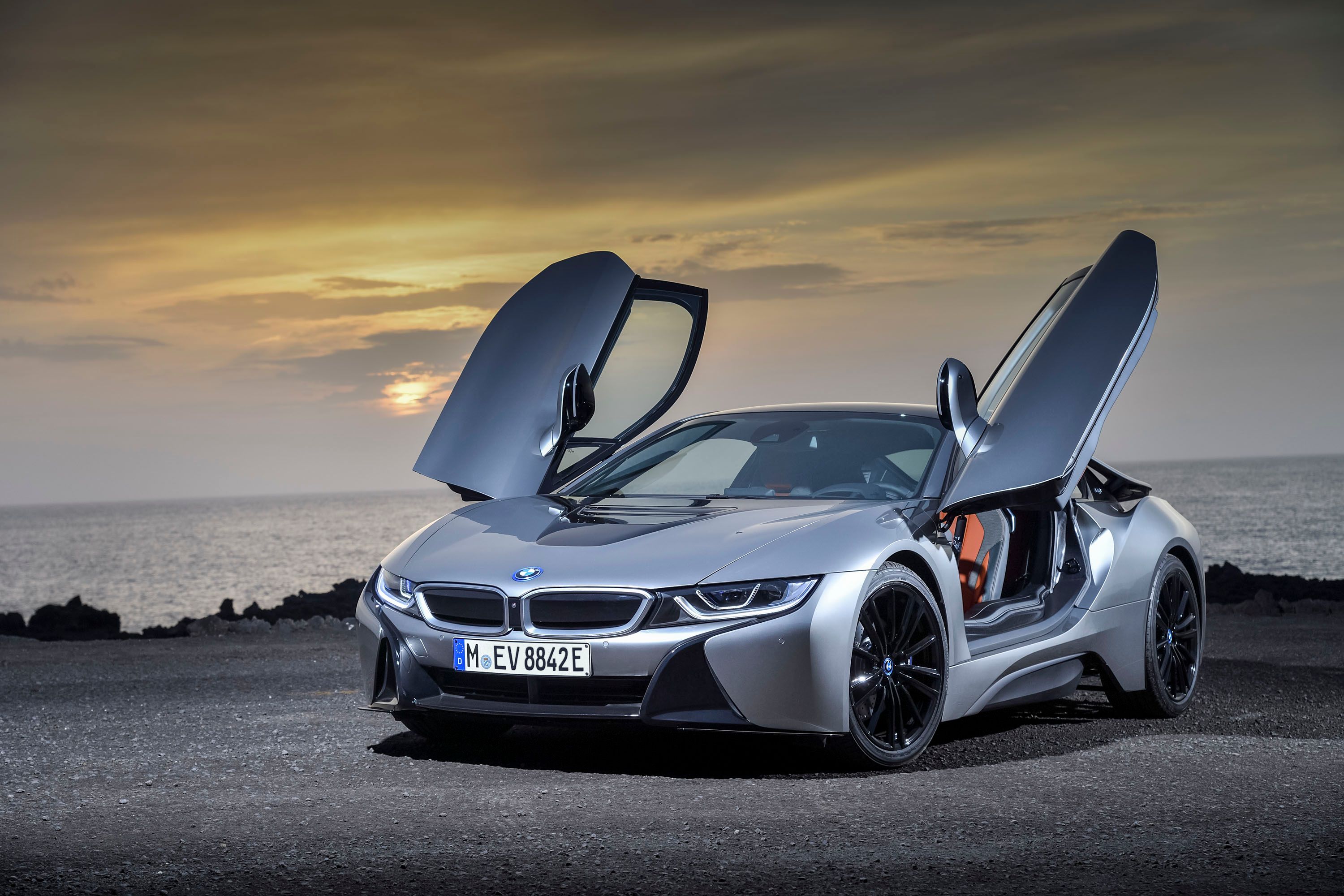In recent years, BMW has been all about throwing M badges at almost anything it manufacturers. However, the Bavarian manufacturer has consistently shied away from producing another supercar. This could all change in just a few years, however, if a new supercar receives the green light from Munich.
BMW is a manufacturer that chases both driving pleasure and efficiency, as seen by the growing portfolio of the BMW i sub-brand. At the forefront of the BMW i family is the i8, the automaker's first mid-engined car in 35 years. It was previewed by the Vision EfficientDynamics concept in 2009 and began shipping in 2014. It has butterfly doors and looks futuristic, but the performance isn't on par with contemporary models we bestow the honor of calling 'supercars.' BMW is now looking at ways to make a mid-engine model with the kidney grille up front that deserves to be talked about in the same breath as, for instance, a McLaren.
The New BMW Supercar Could Have in Excess of 700 Horsepower
BMW is currently producing some of the most powerful sedans and coupes on the market. Think of the M5 with its 554 horsepower and 502 pound-feet of torque or the winged M4 GTS with 493 horsepower and 443 pound-feet of torque that boasts a top speed of 190 mph. The latter offers up about as much as a Ferrari 360 Modena.
What BMW doesn't do, though, is a supercar. Historically, the Munich-based manufacturer has kept itself busy by building fast sedans, coupes, and grand tourers, like the M division's upcoming flagship model, the M8. But, back in 1979 - which is already 40 years ago - they dipped their feet into the supercar world with the first BMW ever to host the M badge: the M1.
“If you are an engineer, once in your life, you want to make a super-sports car,” Klaus Frohlich, the BMW board member responsible for product development, told Autocar. “I think partial electrification will enable that." He goes on to say that what you also need, besides "very compact and very powerful electric driving units," is a carbon fiber chassis which could be lifted off the i8, some "high-performance engines" options, all of which can come together to produce a "real performance package."
How much performance? Well, let's look at the numbers of the i8 as a starting point. It's powered by a 1.5-liter inline 3-cylinder turbocharged engine coupled to a 131 horsepower electric motor. The grand total is an unimpressive 360 horsepower and 420 pound-feet of torque. The top speed, as with most German cars, is limited to 155 mph although it can only reach 75 mph in the all-electric mode. The i8 also weighs almost 3,300 pounds which is less than an M4 GTS so it's not a heavy car, to begin with, although you may think it is due to the hybrid drivetrain.
Now, let's compare that with the figures that have been floating around for the M8. We know it will have the same 5.5-liter V-8 engine that's sitting in front of the cabin of the M5, but it will offer significantly more power. BMW M Chief of Development Dirk Hacker said that the M8 will be available with two different engine tunes: the base one will offer "over 602 horsepower" - most sources suggesting 620 horsepower to be the exact number - while the M8 Competition should arrive with 650 horsepower on tap. >
“If you look at the supercars – the McLarens, the Ferraris – beyond 2020, they will be all partially electric," said Frohlich in that same Autocar report. "And if you look at power plug-in hybrids we are planning for today, an electric motor in our PHEVs has a little bit more than 99bhp and 184lb ft of torque." What he's suggesting, then, is that the new car will come with a beefed-up electric motor - he says 200 horsepower PHEV e-motors will be ready in a few years - and battery package to sustain supercar-level performance figures. The gas-powered engine will also no longer be a puny three-pot so you can expect the return of the legendary inline-6 with as much as 3.5 to 4.0-liters in displacement. Power will be around 700 horsepower. A McLaren 720S has 710 horsepower, about as much as Ferrari's most powerful V-8-powered model ever, the 488 Pista.
Frohlich also reiterated that, while electrification is very important to BMW at the moment, the M sub-brand won't go full electric just yet. "We will work very heavily on partial electrification on M cars," he underlined. "This is because they do not only need acceleration on the straight. They have to drive around corners and race tracks, so weight is an issue, and electric vehicles still have a weight penalty for range."
You should expect the new supercar, if it reaches production, to cost no less than $200,000. That would still be some $80,000 off the price of the 720S, although BMW might initially target the cheaper 570S that has a price tag of about $190,000 but also less power (just 562 horsepower although it tips the scales at under 3,000 pounds, something the new M supercar will surely aim to achieve despite hybridization).
The M1 was born out of BMW's desire to go GT racing in the Group 4 category that required the production of 400 road-going models to homologate a racing version. Porsche, who used the 934 in the Group 4 class, managed to tick that requirement by basing its racing car on the 930 Turbo. BMW, though, couldn't make so many cars after its agreement with Lamborghini, the one who was supposed to build the cars, fell through due to financial difficulties at the Italian end. Finally, with a wedge-shaped body styled by Giugiaro, the M1 debuted in 1978 and the racing version appeared a year later but, since it wasn't homologated, it found a home in the Procar series that pitted the F1 drivers of the day against one another on the Grand Prix tracks aboard those fire-spitting M1 race cars. In the end, the M1 achieved some racing success beyond the single-make series as a Group B race car in the early '80s.
Read our full review on the 2019 BMW i8
Read our full speculative review on the 2019 BMW M8
Read our full review on the 1978-1981 BMW M1.
Further reading

